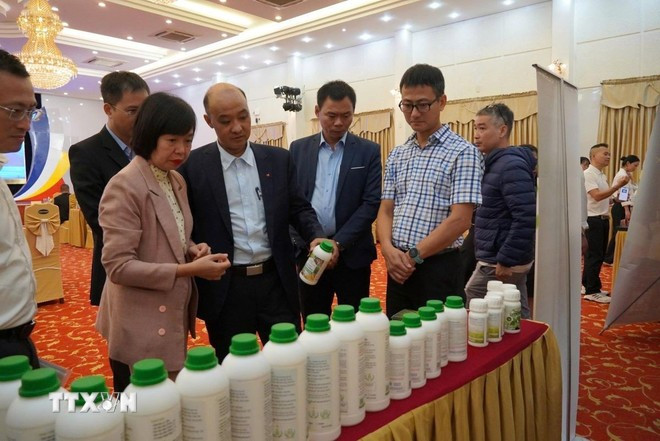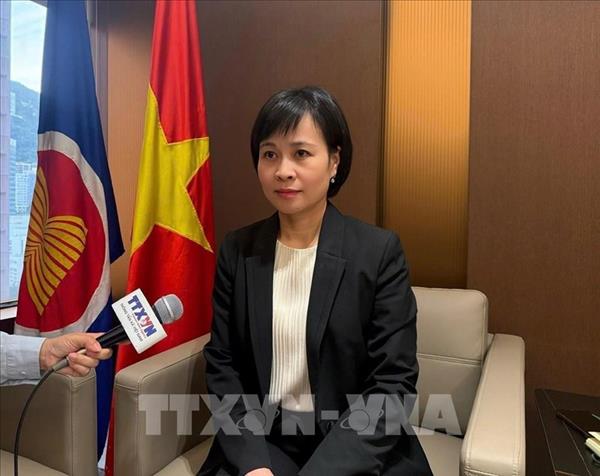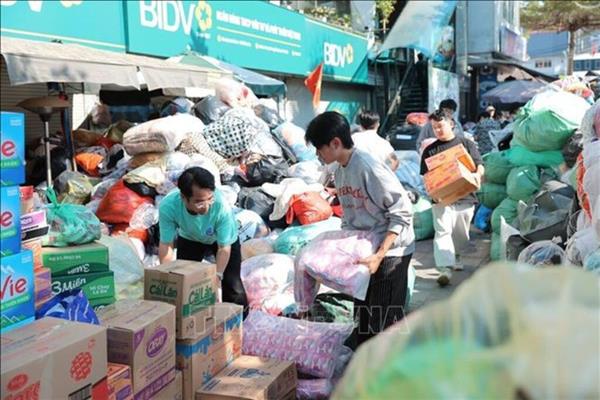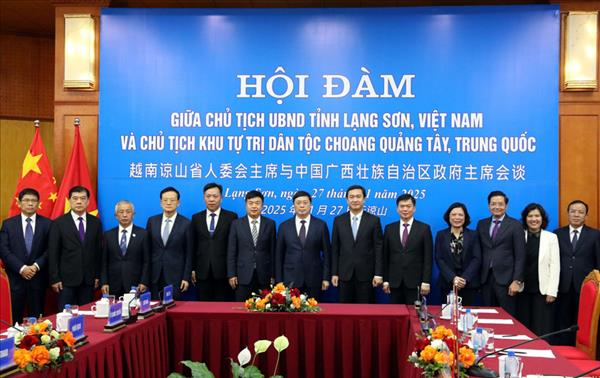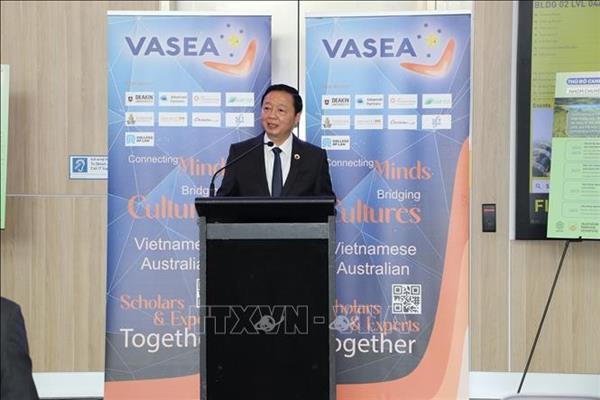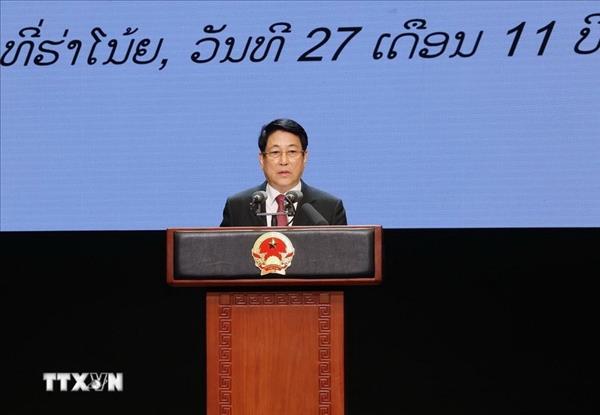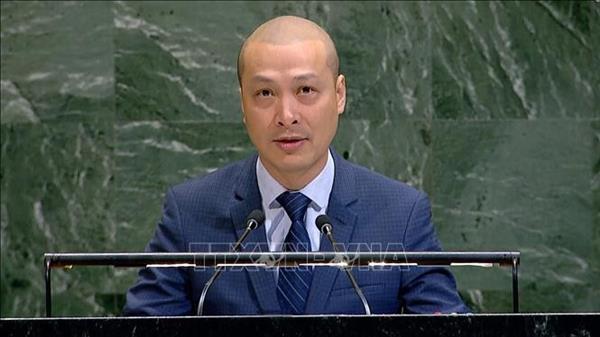Da Nang has made its debut in the world’s Top 1,000 startup ecosystems, a milestone that underscores the city’s accelerating innovation agenda, according to StartupBlink’s 2024 global ranking.
The achievement was highlighted at a conference reviewing the 2022–2025 implementation of the national startup ecosystem support scheme (Project 844), held by the municipal Department of Science and Technology on November 26.
Speaking at the event, Vice Chairman of the municipal People’s Committee Le Quang Nam said Da Nang’s growing presence in regional and global startup maps reflects not only technical progress but also the city’s rising innovation capacity. The title of “Vietnam’s fastest-growing startup ecosystem” awarded this year underlines the ambition and commitment of the local startup community.
Over recent years, coordination among departments, training institutions and support organisations has strengthened significantly. The Department of Science and Technology has served as the focal point connecting stakeholders, while universities and research institutes have expanded creative spaces, incubation centres and technology-transfer activities. Startup support organisations and incubators have accompanied early-stage firms through ideation, product development and market access.
As the city enters a new phase of development, Da Nang is building the “Da Nang – Innovation City” project, targeting its emergence as an innovation and startup hub with international standing in line with national guidelines.
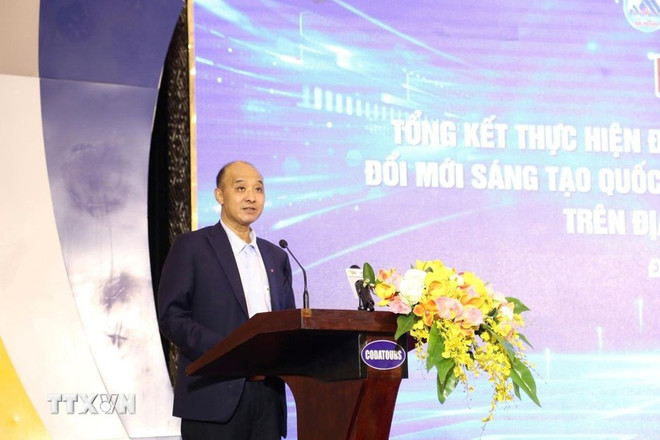
Vice Chairman of the Da Nang municipal People’s Committee Le Quang Nam speaks at the conference. (Photo: VNA)
According to the department, Da Nang’s startup ecosystem has seen strong expansion during 2022–2025, supported by municipal leadership and cross-sector coordination. The city currently has three startup support centres, 12 incubators, eight co-working spaces, three makerspaces and dozens of university-based startup clubs. Around 200 innovative startups are active, while the city hosts about 50 innovation events annually, contributing to network building and community engagement.
The locality has also effectively implemented seven special policies on urban governance and special mechanisms for the city. These include tax incentives for innovative enterprises, controlled sandbox testing for emerging technologies, infrastructure support for AI and semiconductor firms, and high-quality human-resource development. These measures have helped attract deep-tech companies to test and develop products in Da Nang.
Direct support for startups has also delivered results as 32 enterprises received assistance worth over 6.1 billion VND (more than 230,000 USD). Through incubation and acceleration programmes, 189 startup projects were developed, resulting in 83 new businesses.
Several firms such as Selly, Hekate, EM&AI and VOOC have successfully raised multi-million-USD investments and expanded market presence. International events like SURF and DAVAS 2024–2025 have drawn investors, experts and organisations from around the world, further boosting Da Nang’s visibility.
As a result of these combined efforts, Da Nang has entered the global Top 1,000 startup ecosystems, ranking 766th, up 130 places from last year, an improvement seen as a key indicator of ecosystem maturity.
The conference also pointed out several challenges, including a shortage of specialised innovation infrastructure, limited engagement from large technology corporations and international investment funds, and insufficient high-quality human resources in deep-tech fields such as AI, semiconductors and biotechnology. The local market’s modest size also poses obstacles for product testing and commercialisation.
To address these gaps, the Department of Science and Technology has outlined five priorities: improving policies and co-investment mechanisms; developing innovation infrastructure; prioritising AI, digital transformation, robotics, semiconductors and biotechnology; strengthening international linkages and expanding flagship events; and enhancing training in AI, semiconductors and STEM while attracting experts and scientists.
Da Nang expects that consistent implementation of these measures will enable its technology businesses to scale up, take “Made-in-Da Nang” innovations to regional and global markets, and reinforce the city’s goal of becoming a leading innovation hub in the central region and the wider Vietnam innovation landscape./.

